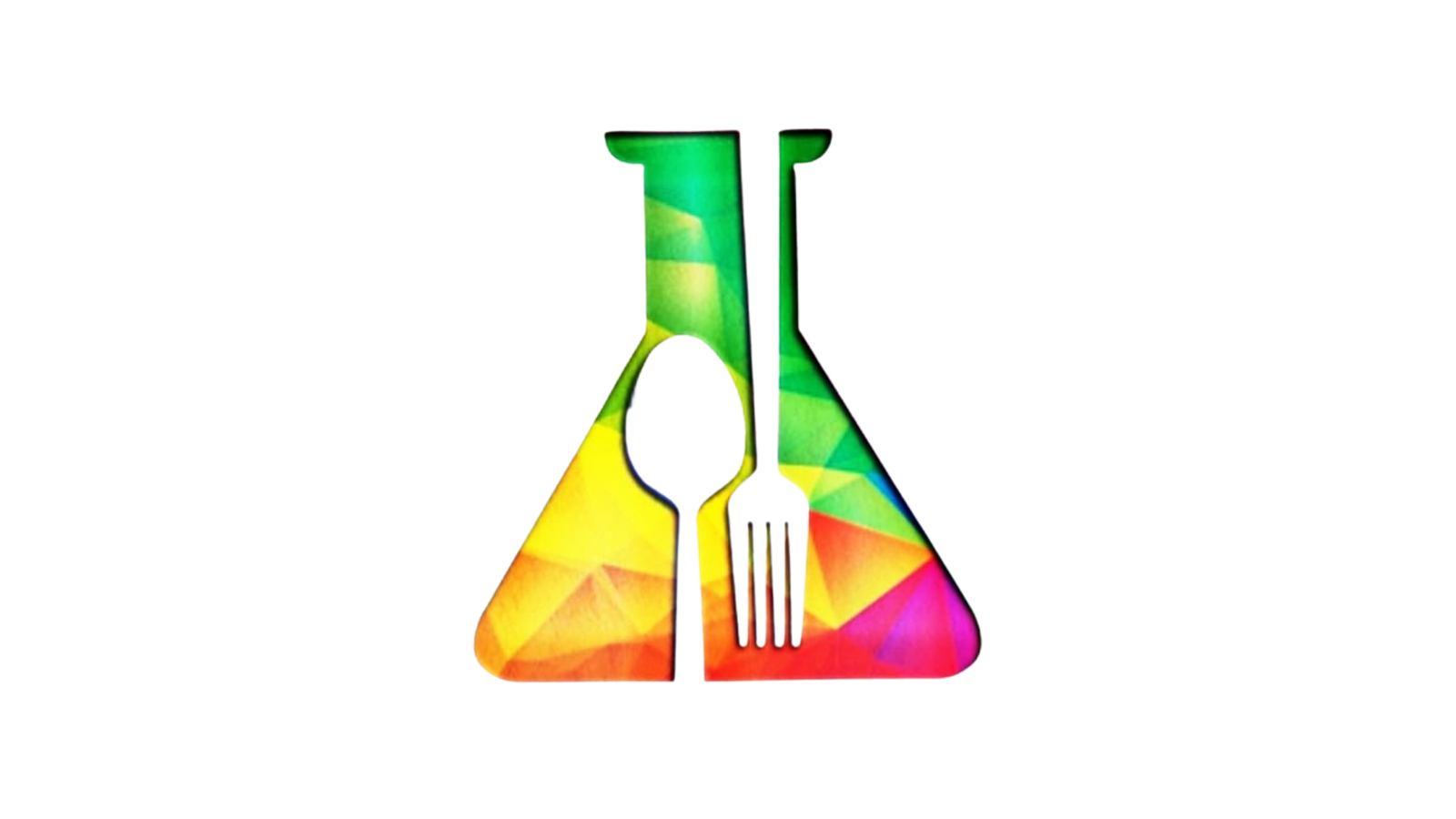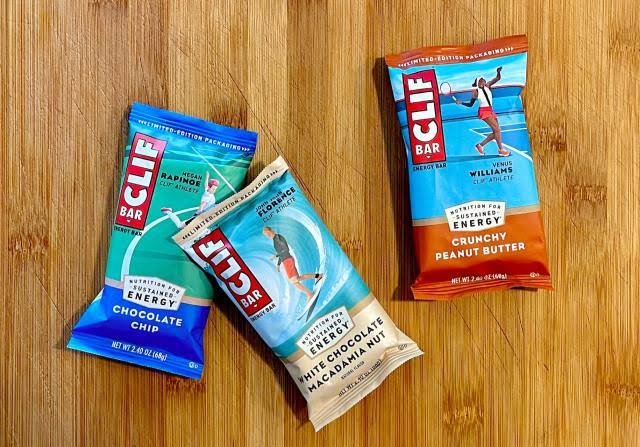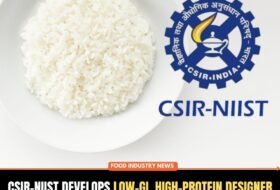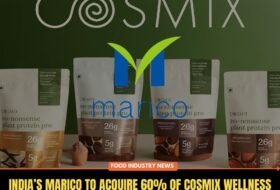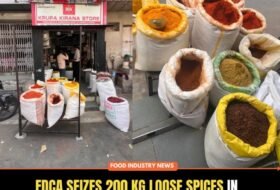More than two decades ago, Clif Bar founder Gary Erickson rejected an offer to sell his company to Quaker Oats for $120 million. This week, Clif Bar decided the time and the price were finally right.
Snack food giant Mondelez International announced a deal to buy the snack bar brand for $2.9 billion, marking a handsome 2,300% premium to the bid from Quaker that Clif Bar rebuffed back in 2000. In the years since, the company has remained private and grown its business to a reported $1 billion in annual sales without the benefit of any significant outside funding. It hasn’t raised capital since 2002, according to PitchBook.
Erickson stepped down as co-CEO in 2020. He remains on the company’s board.
Mondelez is the latest packaged foods powerhouse to expand into the snack bar segment through M&A. Most notably, candy giant Mars agreed in late 2020 to pay a reported $5 billion Kind North America, a maker of health-conscious snack bars. A year before that, Hershey agreed to buy protein bar specialist One Brands for $397 million, and in 2017, Kellogg acquired RXBar for $600 million.
Mondelez has also done an earlier deal in the space of its own: In 2019, it bought Perfect Bar, reportedly for around $280 million. The company is best known for its portfolio of chocolate, cracker, cookie and candy brands, including Cadbury, Chips Ahoy, Honey Maid, Oreo, Ritz and Trident.
This is not the company’s first recent foray into big-ticket M&A under CEO Dirk Van de Put. In April, Mondelez agreed to buy Italian confectionery business Ricolino for about $1 billion, and in January, it closed a takeover of croissant and snack brand Chipita worth around $2 billion. Overall, Mondelez has lined up a half-dozen acquisitions worth more than $250 million apiece since the start of 2021, per PitchBook.
Sales of snack bars dipped during the early days of the pandemic—food that’s designed to be eaten on the go isn’t quite so appealing when consumers don’t have anywhere to go. But there are already signs of a bounceback, with U.S. retail sales in the space rising about 11% in 2021, per market research firm IRI.
For one of Mondelez’s rivals, the snack space has been growing so quickly that it justifies a corporate restructuring. Kellogg announced plans on Tuesday to break itself up into three separate companies, splitting its larger and faster-growing snacks segment from its cereal and plant-based foods arms. The news sent Kellogg shares up about 3%, taking the Michigan-based company’s market cap to $23.5 billion.
The yet-to-be-named snacks business will comprise bar brands like RXBar and Nutri-Grain as well as Pop-Tarts, Eggo, Cheez-It, Rice Krispies and a handful of other names that are staples of American supermarket shelves. Kellogg’s cereals include Corn Flakes, Fruit Loops and Special K, while its plant-based foods business is centered on Morningstar Farms.
Kellogg is following in the footsteps of some other famed companies that have decided in recent months that the best way forward is to break themselves up. In November, General Electric said it would split into three separate companies, while Johnson & Johnson said it would divide itself in two.
The motivations for all three were similar: Conglomerates with diverging business lines can be difficult for public investors to assess. How do you weigh impressive growth in one segment against stagnation in another? By breaking up, Kellogg, GE and J&J all hope they’ll be able to present a clearer picture to shareholders and allow their best business units to reach their potential.
That brings us all the way back to Mondelez, which itself the product of a major corporate breakup. The company was founded just 11 years ago, in 2011, when Kraft Foods decided to split its snack food arm and its grocery arm. But that was only the start of the dealmaking. Kraft’s grocery arm eventually re-conglomerated by merging with Heinz to become Kraft Heinz. And as detailed, Mondelez has been an active acquirer in recent years.
If Kellogg does ultimately spin off its snack brand, it could be a prelude to more M&A to come.
